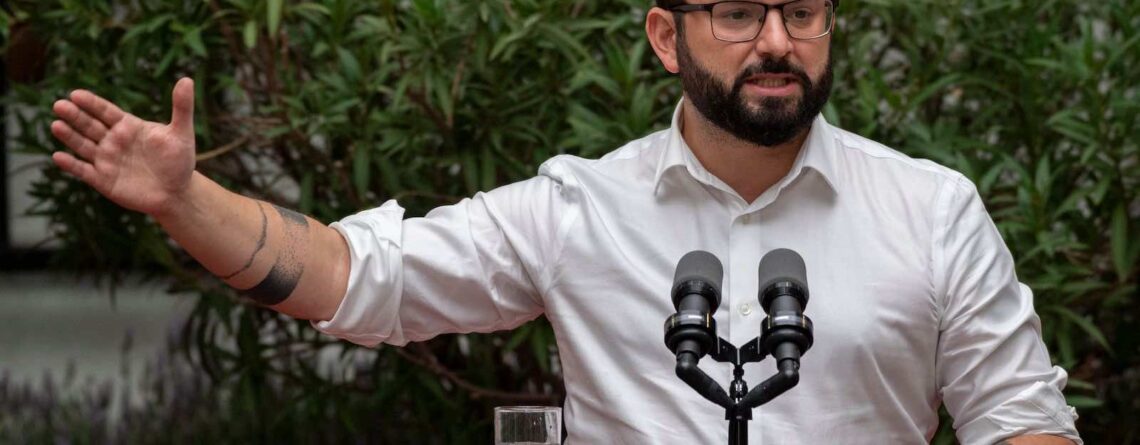Chile’s Boric announces plan to end private pension system
Chile’s President Gabriel Boric on Wednesday announced his long-awaited plan to reform the country’s controversial private pension system.
In a televised address, Boric said he was planning to end Chile’s Pension Fund Administrators (AFP) system in lieu of a new private-public social security system that would see new contributions from employers and the state.
“The AFPs, in this reform, are finished,” Boric said, adding that new private entities would still be allowed to invest pension funds, but there will also be a public alternative.
“We’re creating a mixed pension system based on the principles of social security in which the state, employers and workers contribute,” Boric said.
The current pension system dates back to the Augusto Pinochet dictatorship and is financed solely by workers, who have a monthly 10% contribution managed exclusively by privately-owned AFPs. Pension reform was a key demand of the 2019 protests that rocked the nation for months.
Pension withdrawals also became a key means for the government to mitigate the economic impact of the COVID-19 pandemic, draining billions of dollars from the system.
Boric’s proposed plan would keep individual contributions and gradually increase employer contributions until they reach 6%. The state would also contribute a certain amount based on its recently created Guaranteed Universal Pension (PGU) program.
“In Chile, 72% of the pensions are below the minimum wage and 1 in 4 retirees receive a pension that’s below the poverty line,” Boric said. “This happens while AFPs have great profits, even if results and profitability of funds are negative.”
Boric said the proposed reform would increase pensions, recognize domestic labor and consider the amount of years workers have contributed as a bigger factor.
There have been several failed attempts to reform Chile’s AFP system over the years. Boric’s proposal must now make its way through both houses of congress, where the ruling coalition has a minority in both chambers.
Read More @Windsorstar
867 views










